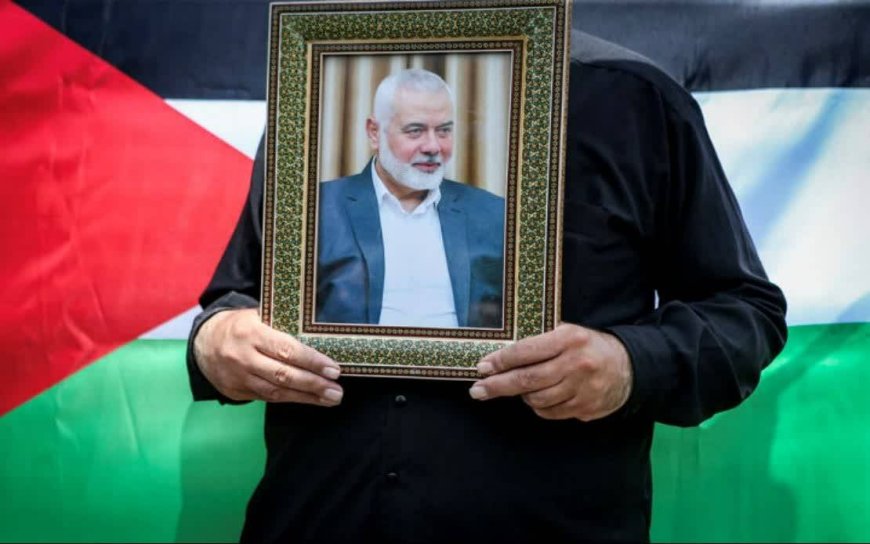Israel’s State-Sponsored Terrorism: The Reckless Assassination of Haniyeh and Its Geopolitical Fallout

The cold-blooded assassination of Ismail Haniyeh by the terrorist regime of Israel is not just another act of brutality; it is a calculated maneuver by Netanyahu to cement his increasingly fragile grip on power. This brazen act, thinly veiled as a response to recent hostilities, extends far beyond the mere elimination of a Palestinian leader. It has far-reaching implications that will reverberate across political and diplomatic landscapes, exposing the dangerous gambit Netanyahu is willing to play with regional and global stability.
At the forefront of these consequences is the deliberate sabotage of ceasefire negotiations. Netanyahu, driven by his insatiable thirst for political survival, has systematically undermined any attempts at peace. The assassination of Haniyeh is a direct blow to these negotiations, effectively obliterating any hope for a ceasefire. By prolonging the conflict, Netanyahu ensures a political environment rife with fear and division, one in which he can manipulate grievances to consolidate his power. This cynical exploitation of war underscores the moral bankruptcy of his leadership, where the lives of innocent civilians are mere collateral in his ruthless quest for dominance.
Furthermore, this assassination is a calculated move to derail any potential diplomatic rapprochement between Iran and the United States. The perpetuation of political tensions through acts of terror serves Israel’s broader strategy of ensuring perpetual conflict in the region. By inflaming hostilities, Israel seeks to prevent any diplomatic openings that could challenge its hegemonic ambitions. The fallout from this assassination will undoubtedly strain any efforts toward diplomacy, pushing the region closer to the brink of a wider conflict.
Moreover, Haniyeh’s assassination is not just an isolated incident; it is a deliberate provocation designed to ignite the war Netanyahu has long sought. By eliminating a key figure in Palestinian resistance, Netanyahu is betting on a retaliatory response that could escalate into a full-scale regional war. This scenario would not only bolster Iran’s standing as a regional power but also drag the United States into a quagmire from which it cannot easily extricate itself. The potential for a broader conflict, involving multiple state and non-state actors, looms large, threatening to destabilize the entire world.
Lastly, this abominable act of terrorism places US Vice President Kamala Harris in an untenable position. Should Netanyahu succeed in sparking a regional war before any shift in U.S. policy occurs, Harris will find herself cornered, forced to either endorse Netanyahu’s warmongering or risk a diplomatic rupture with Israel. This scenario would exert immense pressure on the Biden administration to align with Netanyahu’s extremist policies, increasing the likelihood of new and devastating wars in the Middle East.
In conclusion, the assassination of Ismail Haniyeh is not merely an act of political and military aggression; it is a reckless gamble that threatens to unravel the delicate fabric of regional and global diplomacy. While Netanyahu may see short-term gains in his quest for power, the long-term consequences of this dangerous game could well exceed his cynical calculations, plunging the region into chaos and bloodshed.













































